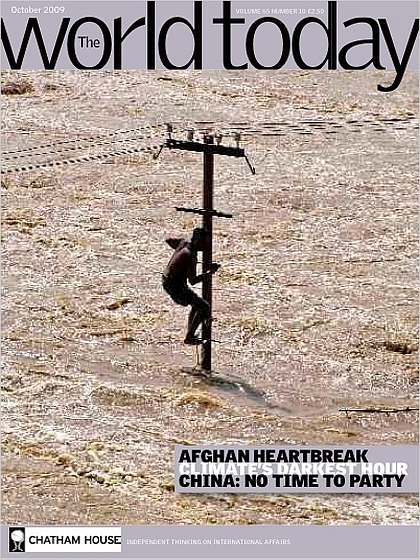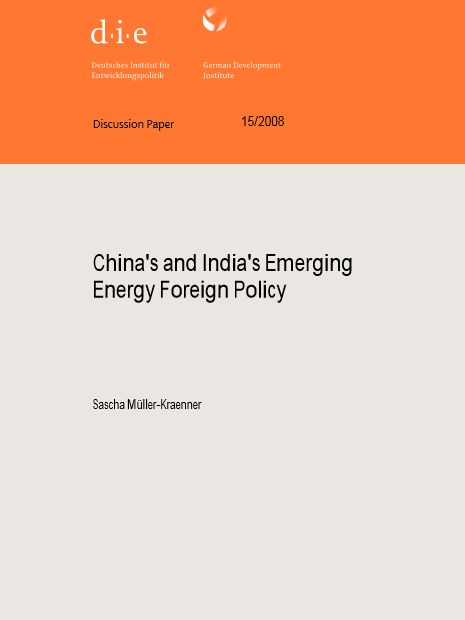During the last three decades, various environmental regimes have existed on the international level. With the continuously increasing institutionalisation of global environmental policy, the complexity of the various international environmental regimes is growing. This can be observed via intersections, interdependences and interactions, but also via conflicts between institutions and policy levels. While there is consensus both in the scientific as well as in policy circles that the architecture of global environmental policy was very successful in the past, there is also consensus that the system of international environmental governance has to be more efficient.
There is less consent on the question of what such a reform should look like. Basically all suggestions include at least one of the following options:
- Reform the UN. The reform of the United Nations (UN) is often discussed in the world community and is seen as a required restructuring by a majority of states. What this reform should look like, however, is controversial. Recently, security issues were of most interest in reaction to the terror attacks on 9/11; however, IEG is becoming of importance again. The lastest report, as of September 2006, of the Secretary-General’s High-Level Panel „Delivering as One“ dedicates one chapter to the question of how IEG can be strengthend and what role a strengthend UNEP is to play within it.
- Foundation of a UN environment organisation (UNEO). International environmental governance is currently very fragmented, given that there are various different regimes within the UN (e.g. the biodiversity convention, the climate regime, the desertification convention, the Global Environmental Facility (GEF) and the United Nations Forum on Forests (UNFF)). Furthermore, the environment is a cross-sectoral issue, which is accordingly treated in other UN institutions as well, such as the United Nations Development Programme (UNDP). In order to strengthen the issue compared to other issues and to improve the coordination of the different regulatory approaches, an "upvaluation" of the UNEP, this is the creation of an UNEO outside the UNEP, has been called for.
Against this background, Ecologic analyses the functionality, effectiveness and legitimacy of international environmental regimes as well as the relations between international environmetal regimes. Additionaly, it examines the relationship between environmental regimes and other international institutions, the relationship between different policy levels and the role of newer political actors.




